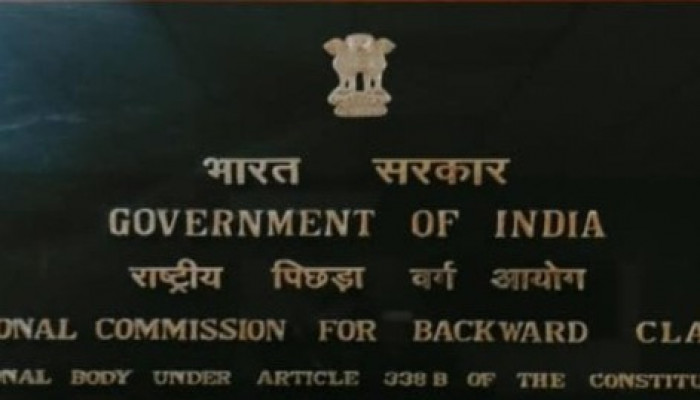Centre proposes higher OBC reservation quota in Punjab and West Bengal for public employment
- In Reports
- 04:02 PM, May 16, 2024
- Myind Staff
According to a report, the National Commission for Backward Classes (NCBC), a government body in India, has proposed an augmentation in the reservation quota for Other Backward Classes (OBCs) in public employment within the states of Punjab and West Bengal. Currently, Punjab reserves 25 per cent of public employment positions for Scheduled Castes (SCs) and 12 per cent for OBCs.
The NCBC issued an advisory suggesting a rise in the OBC quota by an extra 13%, which would result in the total OBC reservation in public employment reaching 25%. This adjustment aligns with the Supreme Court's directive of maintaining reservations for socially and educationally backward classes within the 50 percent ceiling.
The National Commission for Backward Classes (NCBC) has highlighted that in West Bengal, there is a reservation quota of 22% for Scheduled Castes (SCs), six percent for Scheduled Tribes (STs), and 17% for Other Backward Classes regarding services and posts under the state's control in government-run or aided establishments.
The NCBC has pointed out that the government of West Bengal has ensured 17% reservation for Other Backward Classes through notifications. Consequently, the total reservation for public employment, encompassing Scheduled Castes, Scheduled Tribes, and Other Backward Classes, amounts to 45%, as stated by the commission.
The NCBC has noted that there is potential for an increase in the remaining five percent quota for public employment under the state government's jurisdiction, specifically for Other Backward Classes, in accordance with Supreme Court directives, allowing for a maximum of 50 percent reservation.
The advisory issued by the NCBC states that these decisions were made subsequent to a comprehensive review of current reservation policies, oral statements, and documentary evidence. The aim is to ensure alignment with the guidelines established by the Supreme Court in the Indra Sawhney case.
Image source: The Hindu







Comments